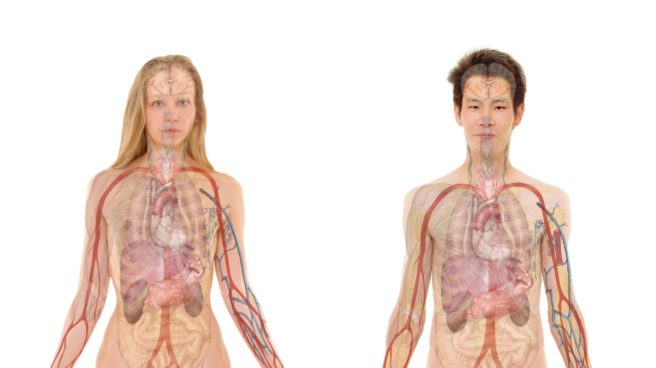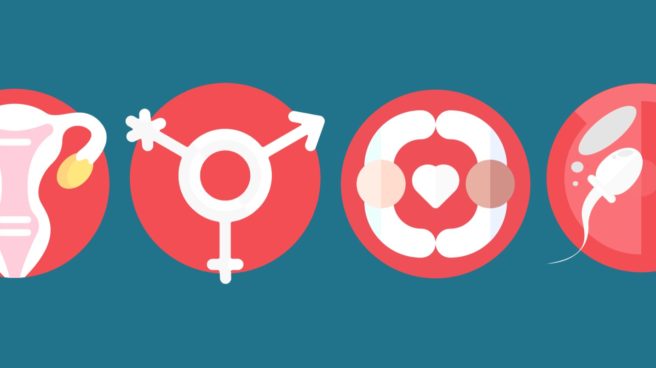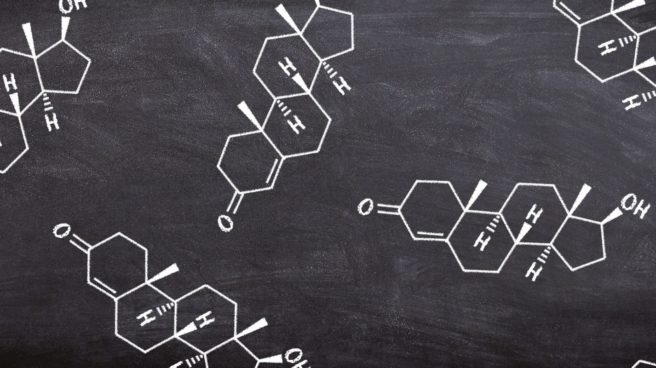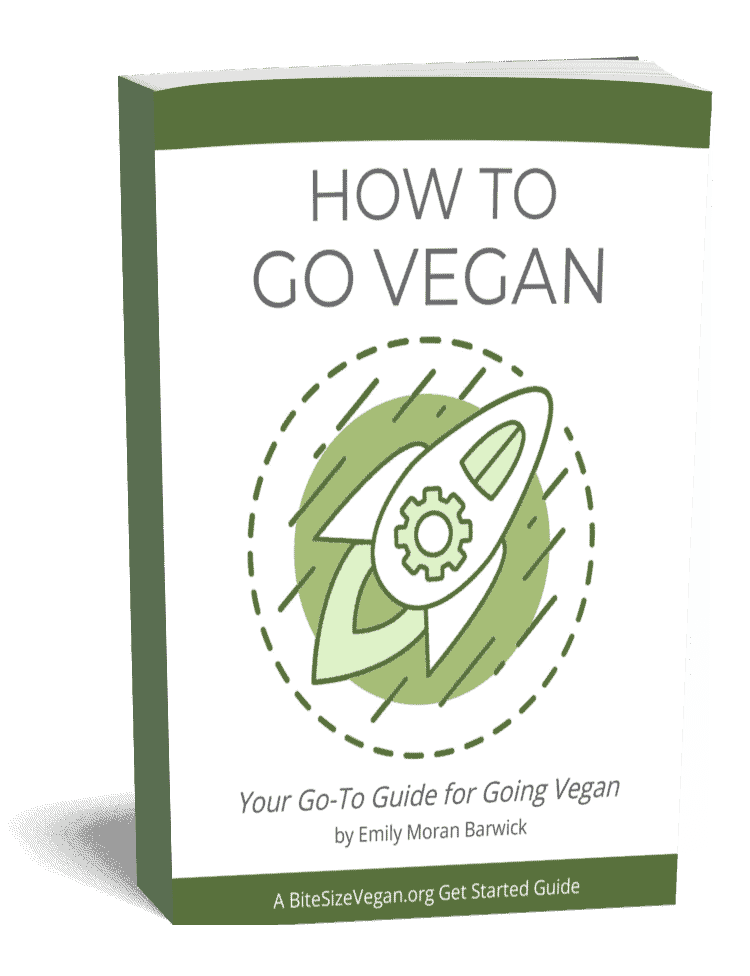Is your diet and lifestyle tanking your testosterone? How does food affect hormones? Is your exercise routine hurting or helping? What if the solutions you’ve been sold are the source of the problem? We discuss testosterone boosting tips backed by hard medical science.
Testosterone talk can be a touchy topic. With its inherent ties to cultural concepts of virility and societal perceptions of manliness, the quest to boost testosterone has become a multi-billion dollar industry in the United States alone.[1][2] But as the number of quick fixes, miracle cures, magic pills and fitness crazes continue to rise, men’s testosterone levels continues to fall.
Could it be that what we consider manly is actually tanking men’s testosterone? Let’s cut through the infomercial fluff and see what the science says, shall we? [tweet this]
With the overwhelming amount of misinformation surrounding men’s health, exacerbated by pharmaceutical-company-funded studies, multi-million dollar advertising campaigns and enough internet pop-ups to crash an entire computer network, not to mention the rather sticky web of “what it means to be manly,” it’s more important than ever for men to have unencumbered access to the hard science about their health. Especially when so many of these “solutions” are not only dangerous but can even be fatal.[3][4][5]
So with this video, I’m launching the Men’s Health Series to help you clear out your spam box and unearth the root causes of common male health concerns like hormonal imbalances, erectile dysfunction, enlarged prostate, and more with a focus on prevention and reversal through diet and lifestyle.
And since I’m far from an expert on this subject for several reasons, I’m excited to welcome back to the channel Dr. Michael Greger – a physician, New York Times bestselling author, and internationally recognized speaker on nutrition, food safety, and public health issues.
Dr. Greger has dedicated his life to providing accurate, unbiased, science-based, free information on nutrition and overall health on his non-profit website Nutritionfacts.org. You can find my previous interviews with him addressing common nutrition concerns, the leading causes of death and more linked below.
So let’s jump right in and get the lowdown on Low-T! [tweet this] [You’re gonna hear from an actual doctor now….]
Be sure to check out the video for Dr. Greger’s full answers, but here are some select nuggets:
On the dietary and lifestyle factors that impact testosterone levels in men:
“People have this sense that bodybuilding gives you lots of testosterone. But actually it can be the reverse. Exercise does not boost testosterone levels. In fact, there’s something called “over training syndrome” where if you work out too much you actually get a big dip in your testosterone levels.
[In] studies of so-called natural bodybuilders– these are bodybuilders who aren’t injecting steroids – within a few months before a big competition, testosterone levels can drop as much as 75%.[6][7] They basically wipe out the testosterone in their bodies because they’re so stressing themselves.But, you can, through dietary manipulation, block that overtraining syndrome. There was a study where they took people and they switched them between a low carb diet and a high carb diet. A low carb diet centered around meat and a high carb diet centered around plants and they found that within three days of switching from low carb to high carb, you can actually dramatically increase the testosterone, decrease the cortisol, or stress hormone levels such that you can, by eating a plant-based diet you may be able to avoid over training syndrome. So, still stress your body like crazy but not get the stress and the dip in testosterone. In fact, even a single high fat meal can drop both free and total testosterone as much as 30% within an hour.[8]
If you want your testosterone to go down like in an hour eat a high fat meal. And that, in fact, can last for hours. So, in the short term, can have really quite dramatic effects.
If you want to boost your testosterone in the short term–you’re like, ‘oh quick, I need testosterone in an hour!’–actually the most powerful booster of testosterone in men is having sex.
[There are] these interesting studies where they had men shave – so if you have an electric razor you empty your electric razor and then you shave – the days that you have sex, there’s actually more hair.[9] You have so much spike in your testosterone your hair, your beard actually grows that much quicker. And you can do it yourself at home! You shave and then you can actually weigh how much hair every day, and on the days you have sex you actually have more beard growth because there’s that much more testosterone in your body.Interestingly though, you do not get the same effect with masturbation. No testosterone boost at all and the question is why not? And it’s interesting, they think it’s something called – it’s actually the boost in testosterone with sex in men is a consequence of what they call ‘competitive success.’
So, if you take famous studies were done on tennis players. [10] So, if you do the same exertion – playing tennis – and you win, you get a boost in testosterone. But if you lose you don’t get the boost in testosterone. And while sex is not typically seen as a competitive event, you can imagine in the mind of a man afterwards there’s this kind of winner mentality. Whereas the same mental state doesn’t exist when one masturbates.”
There’s a long-standing stereotype and belief that “manly men eat meat” and vegan men are often mocked with their “lack of virility” or “lower testosterone levels.” Dr. Greger shared what the science has to say about these assertions:
“[In the] 1980s, when the first study on male hormone levels between vegetarians and meat eaters [was conducted] they found that testosterone levels were the same between vegetarians and meat eaters, but the vegetarians’ estrogen levels – the men’s estrogen levels – were significantly lower because, probably, they’re eating so much fiber.[11] Fiber pulls estrogen out of the body.
So their testosterone to estrogen ratio was actually higher in the vegetarians. Now there weren’t any studies on vegans until the 1990s. And what they found was that vegans actually have higher total testosterone levels than meat eaters. But they also have higher, what are called sexual hormone binding globulins, which kind of tie-up excess testosterone in the blood.
So the free testosterone levels – the amount of testosterone in the body that’s actually able to cause secondary sex characteristics in men, etc – is the same between vegans and meat eaters.[12] So yes, they have higher total testosterone but more of it is bound up in the blood, so actually the free testosterone levels are the same between vegans and meat eaters and vegetarians.”
I hope you enjoyed hearing from Dr. Greger on the truth about testosterone. You can find links to relevant studies and Dr. Greger’s site below.
And I’d love to hear your thoughts on this topic in the comments!
If you found this video-boost-of-testosterone helpful, give it a big thumbs up and share it around to help men cut through the crap and take hold of their health. Be sure to subscribe to the channel to not miss out on the rest of the Men’s Health Series.
To support free education like this, please see the support page or join us in the Nugget Army on Patreon.
Now go live vegan, take control of your testosterone, and I’ll see you soon.
— Emily Moran Barwick







Nice to see doctors and athletes that are vegan speaking out.